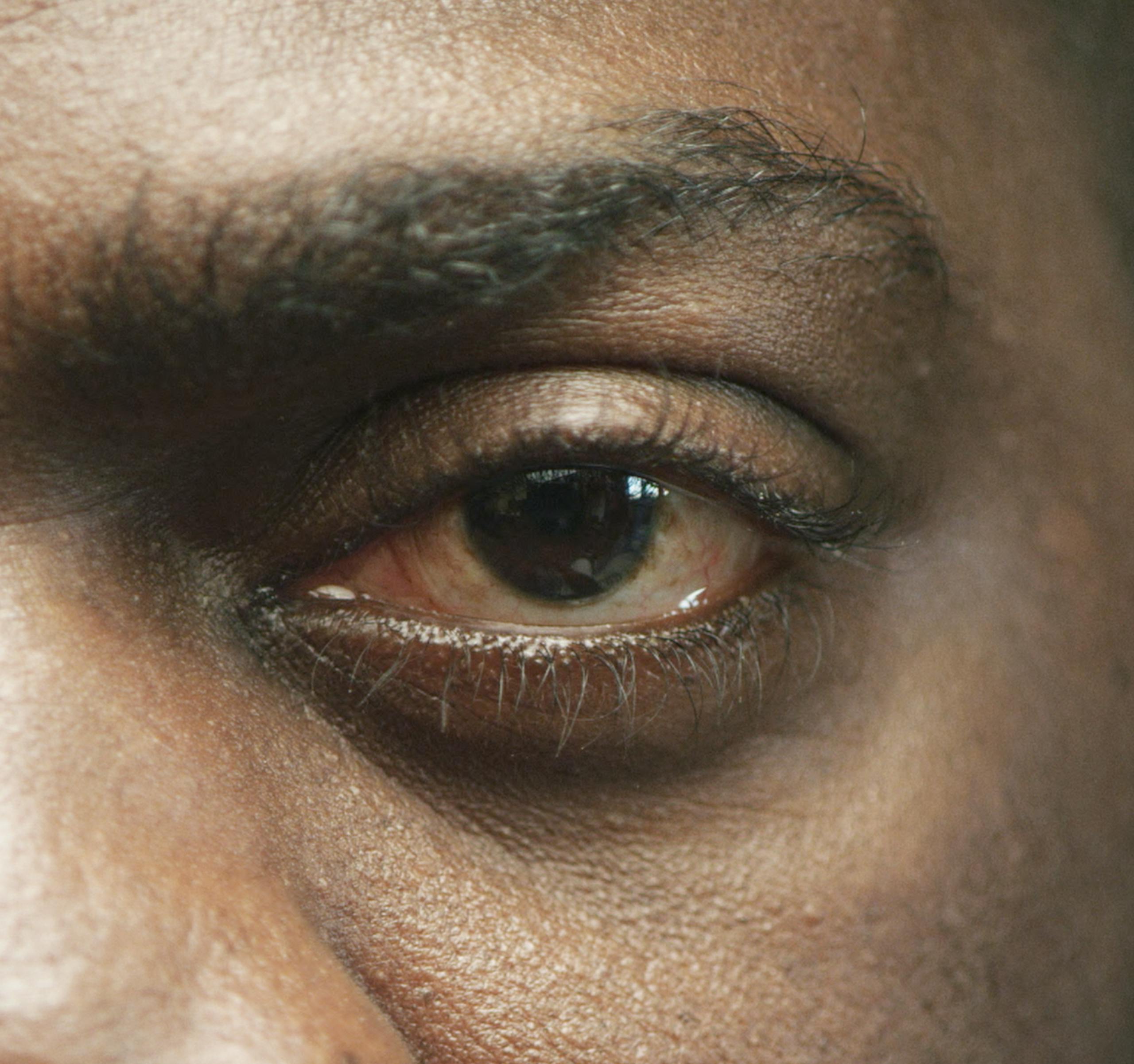
Winterreise
Proton Theatre – Kornél Mundruczó
SOLD OUT
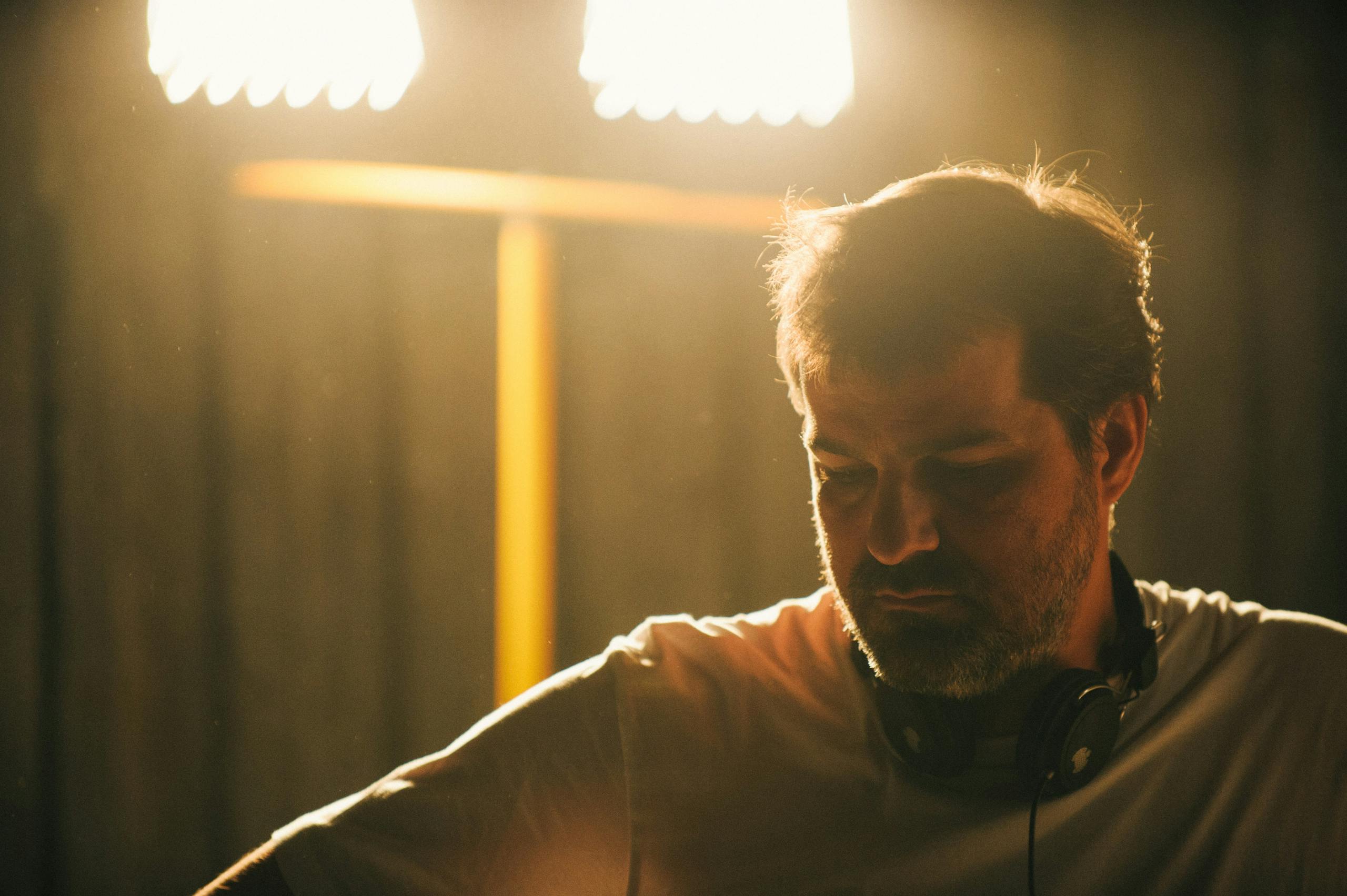
Kornél Mundruczó, ph. Sándor Fegyverneki
Kornél Mundruczó is a Hungarian theatre and film director whose films have been in competition at Cannes and Venice. He won the Silver Leopard for best first feature at the Locarno Film Festival. In 2009, he founded an independent theatre company, Proton Theatre, with producer Dóra Büki. His version of Schubert’s Winterreise will be staged at Triennale Milano on November 26 and 27.
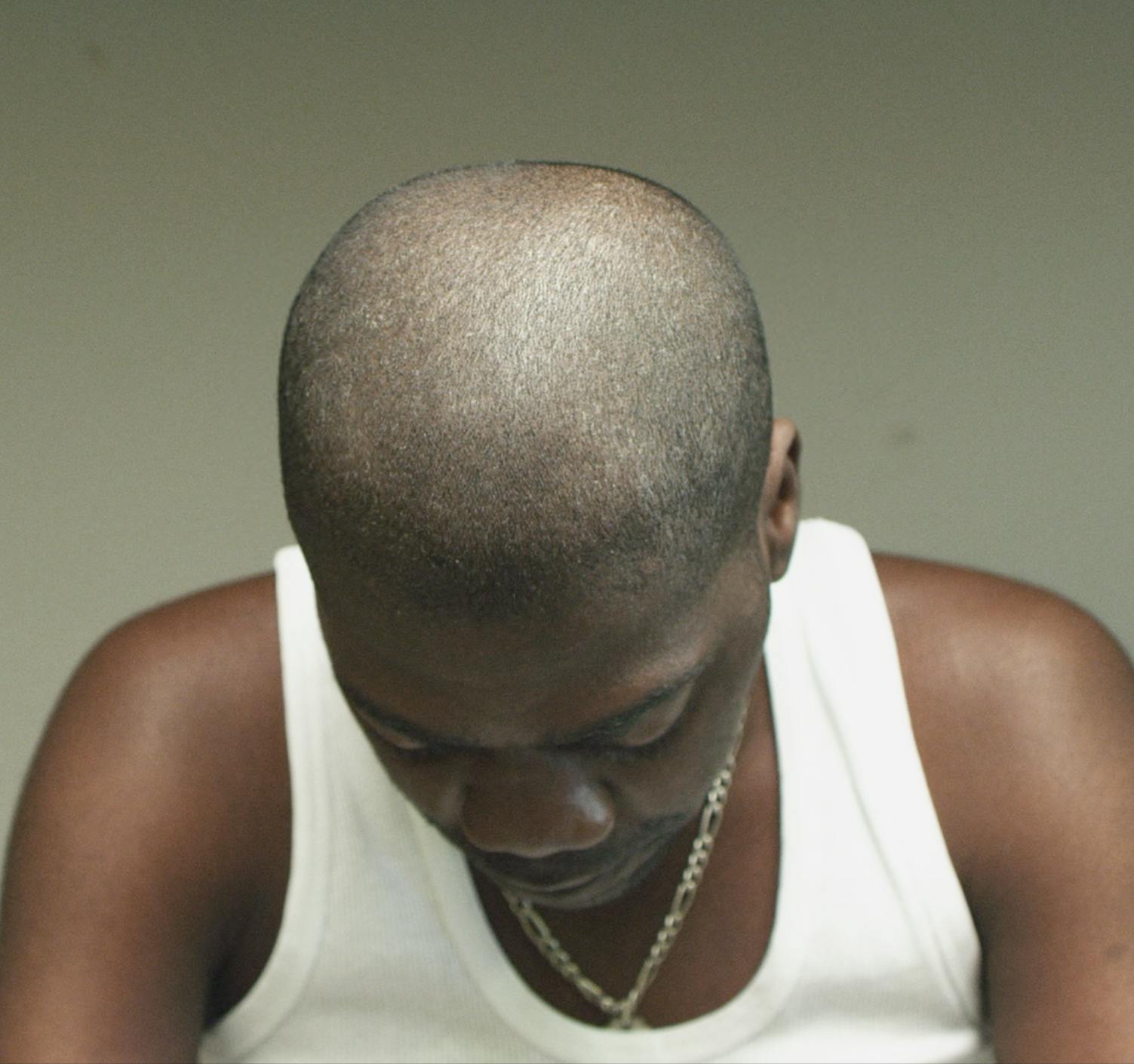
Winterreise, © Marcell Rév
You’ll be presenting your version of Schubert’s Winterreise, a work conceived and performed since 2015, at Triennale Milano. How has the performance evolved over the past seven years?
The Vlaamse Opera asked me to conduct Bluebeard’s Castle (by Béla Bartók – ed.). I started looking around for a piece to go with it and found Schubert’s Winterreise. Juxtaposing Winterreise after Bluebeard’s Castle was a novel combination that worked very well. This was back in 2014, before the migrant crisis escalated. In 2015, the Winterreise made its public debut at the Budapest Autumn Festival as a collaboration between the Danubia Orchestra Óbuda, conducted by Hans Zender, and the Proton Theatre. On that occasion, I chose to work with actor and singer János Szemenyei: I knew I could rely on his acting skills and his brilliant singing. After these performances FILC—Iván Fischer’s Apartment Theatre invited us to adapt our performance to their space. Famous pianist Károly Mocsári joined us at that stage. That production became part of the Proton Theatre’s repertoire in both orchestral and piano versions—the former also toured internationally. During COVID-19, it was too risky to perform with the orchestra or in small spaces, so we decided to prepare a piano version for the big stage too. That required fine-tuning to achieve the practical and artistic reasons we had for this change. In the new staging, we wanted to react to the reality in which we were living. As far as possible, we also wanted to preserve the intimacy of the piano version, the relationship with the audience. Triennale Milano is hosting the international debut performance of this version of the work.
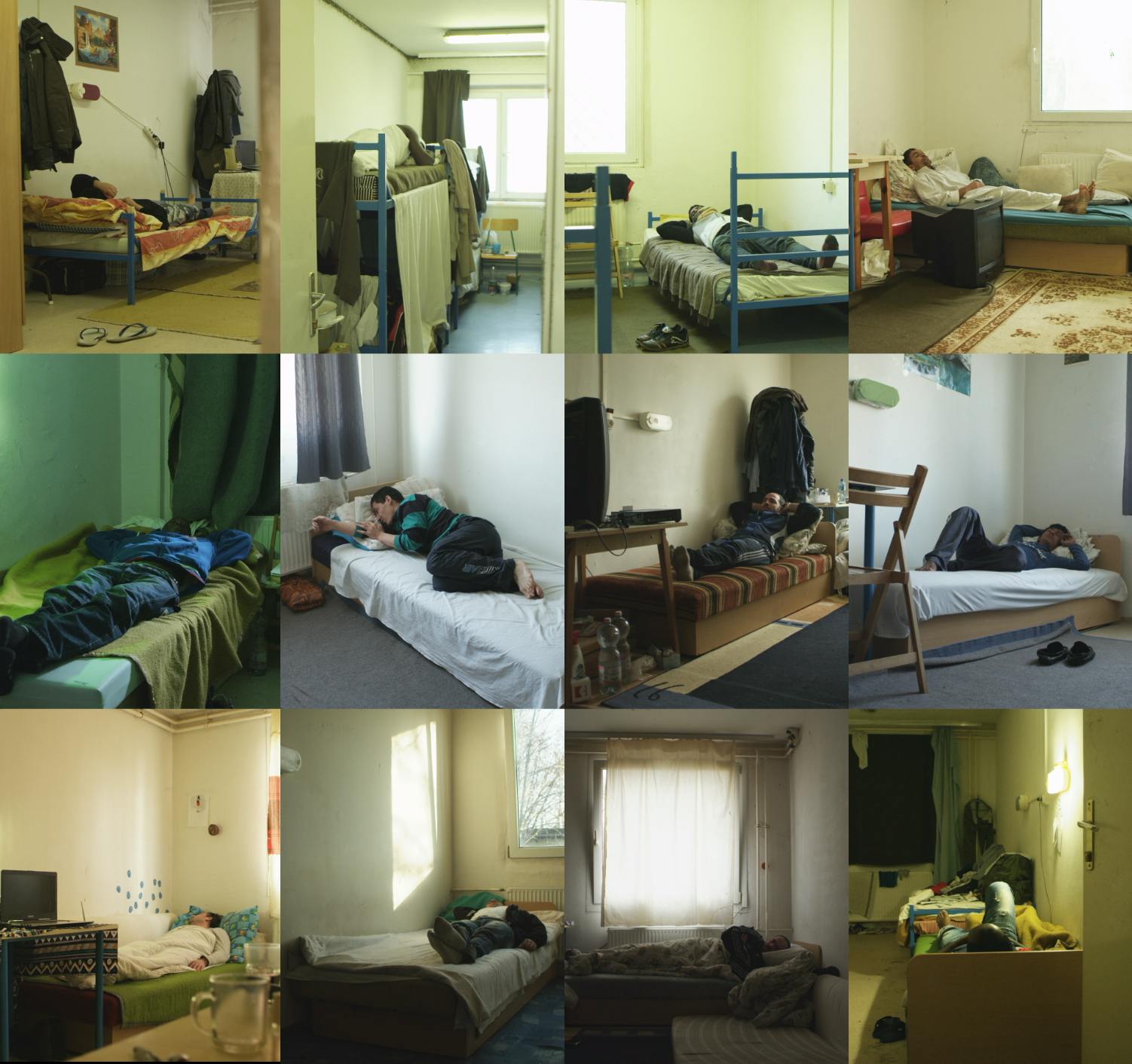
Winterreise, © Marcell Rév
You decided to direct Schubert’s masterpiece through the eyes of a modern-day refugee, a viewpoint that actualizes and enhances the texts written by Wilhelm Müller, starting from the beginning, “Fremd bin ich eingezogen, / fremd zieh’ ich wieder aus” [I arrived a stranger, a stranger I depart]. What stages did the creative process go through in the refugee camp where you developed your version?
My intention was to show refugees in everyday situations, cooking, eating, sleeping. Stuff we all do on an everyday basis. For the shoot, we visited the Bicske refugee camp. We got to know the people who lived there, spending a few days there with a skeleton crew. This was in the spring of 2014. In the autumn of 2015, refugees stranded at Keleti train station decided to set off from Budapest to Vienna on foot. We left everything behind and raced over to walk with them, to record that historic moment.

Winterreise, © Marcell Rév
In some of your works—your films, mostly—you switch from a purely realistic plot to situations redolent of magical realism. In your stage works, you seem to prefer starker, more real-life stories—as in the case of Winterreise—setting them in non-traditional environments and situations. In both media, however, as the show progresses you tend to reveal a strong sense of social engagement. How does your approach change from film to theatre, and why? How has it altered during your career?
The medium’s not important for me, telling a story, telling my story’s what’s important. That’s how I started out, and it hasn’t changed over time.
Amply representing your broad background and deep interest in different forms of performative expression, as we’ve seen through film, theatre, opera, performance, video art, and classical music concerts, multimedia is a hallmark feature of Winterreise. Why did you choose to mix media in this work? Would you like to examine how some media work together (and with other media) in the future? If so, in what way?
I never like to take boundaries seriously. I prefer to move through them, between performers on stage and spectators in the audience, between genres in my work, between people with different backgrounds and beliefs. I like to reach beyond habit, move people out of their comfort zone to experience a new point of view through art... those are the things I believe in.
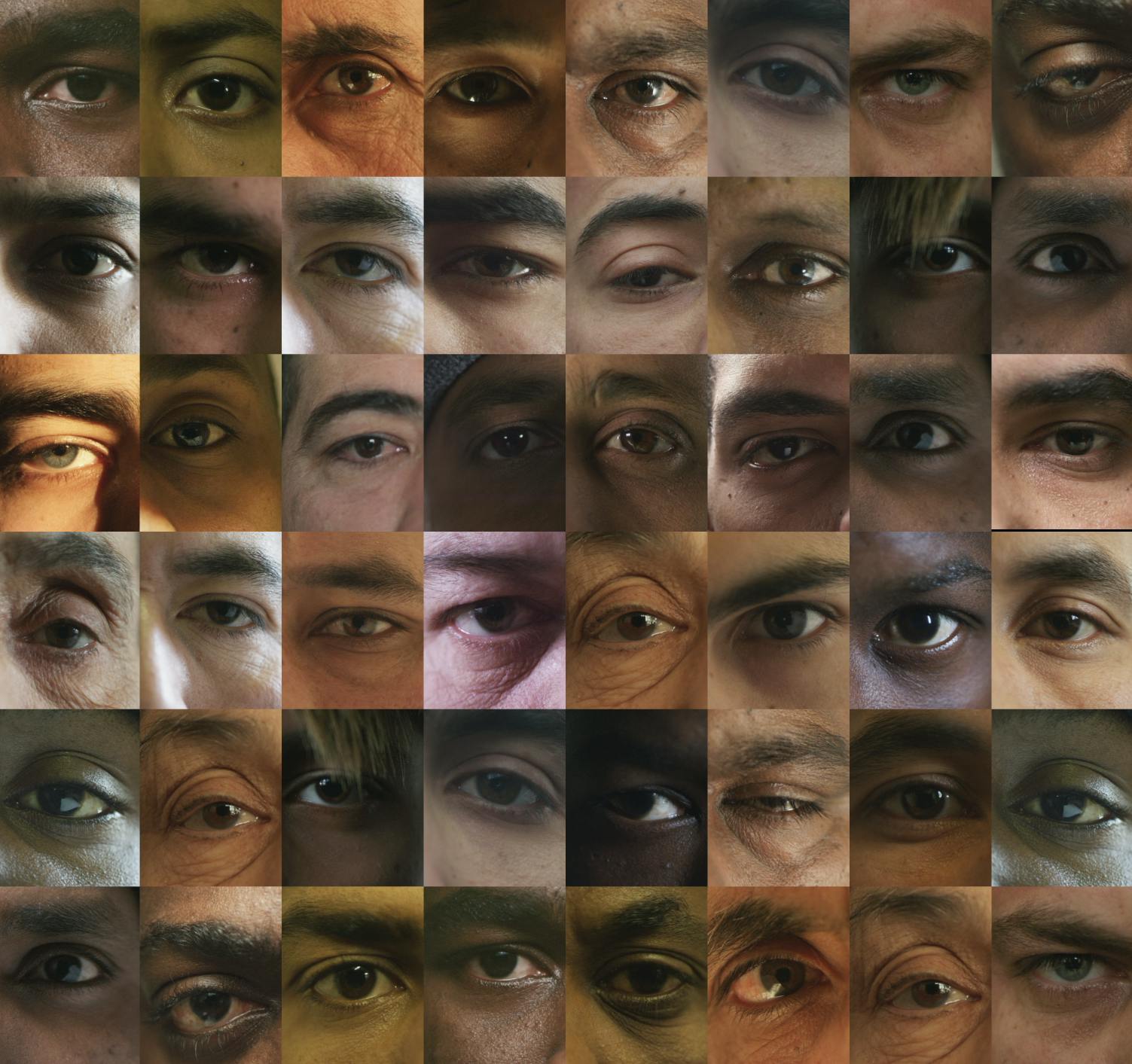
Winterreise, © Marcell Rév
You usually work with the same group of people you’ve been working with for years. How does this ensure good results? Do you feel more comfortable asking long-time collaborators for more? Do they inspire you? Do they positively influence your creative process?
I founded my independent company, Proton Theatre, with Dóra Büki in 2009 in Hungary. Organizationally, the way we operate is that everyone, on and off- stage, is an artistic partner. We work together to develop our projects, sometimes for months at a time, even a year. We’ve known each other a long time, we’ve worked together for ages... We speak the same language. It may seem like a different way to do theatre, but it’s the one I like personally.
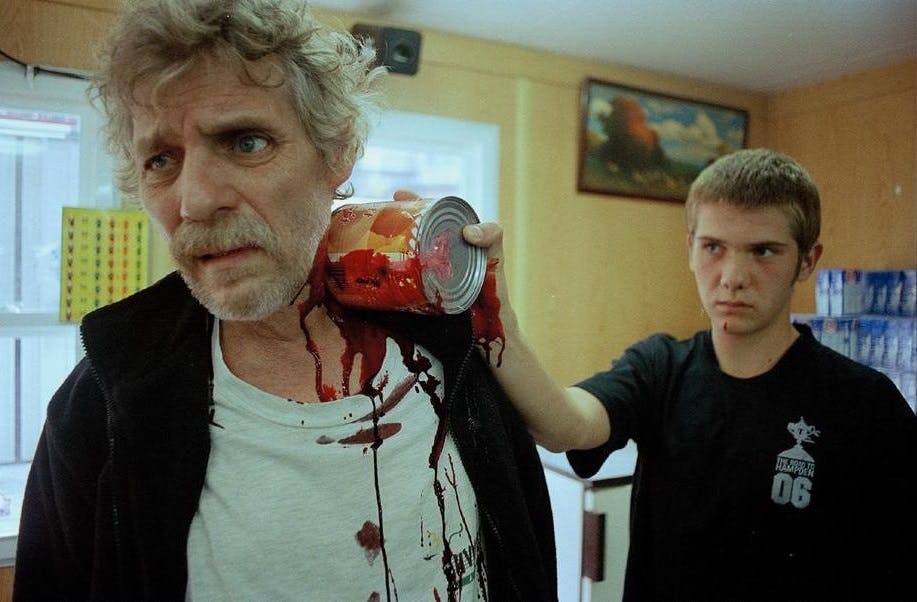
What future plans do you have for yourself and Proton Theatre?
Our shows have played at the most prestigious theaters and festivals around the world for the last thirteen years, and yet Proton Theatre still has to operate without ongoing state support. We can only make new work through international co-productions—no other means of funding is available to us. We are currently putting together a new project, but staying independent in Hungary has become increasingly difficult since we started. This will consequently probably be our final work.